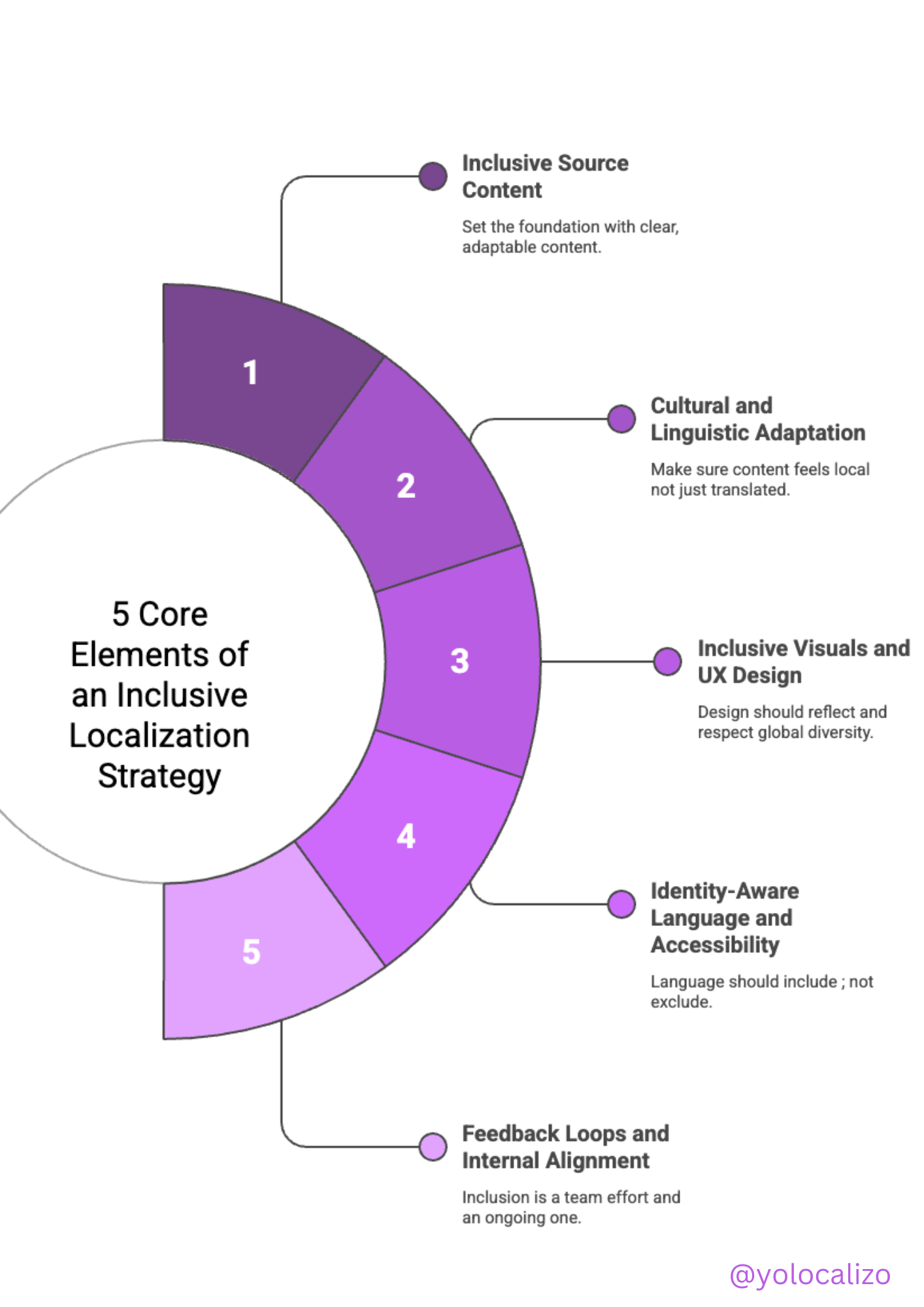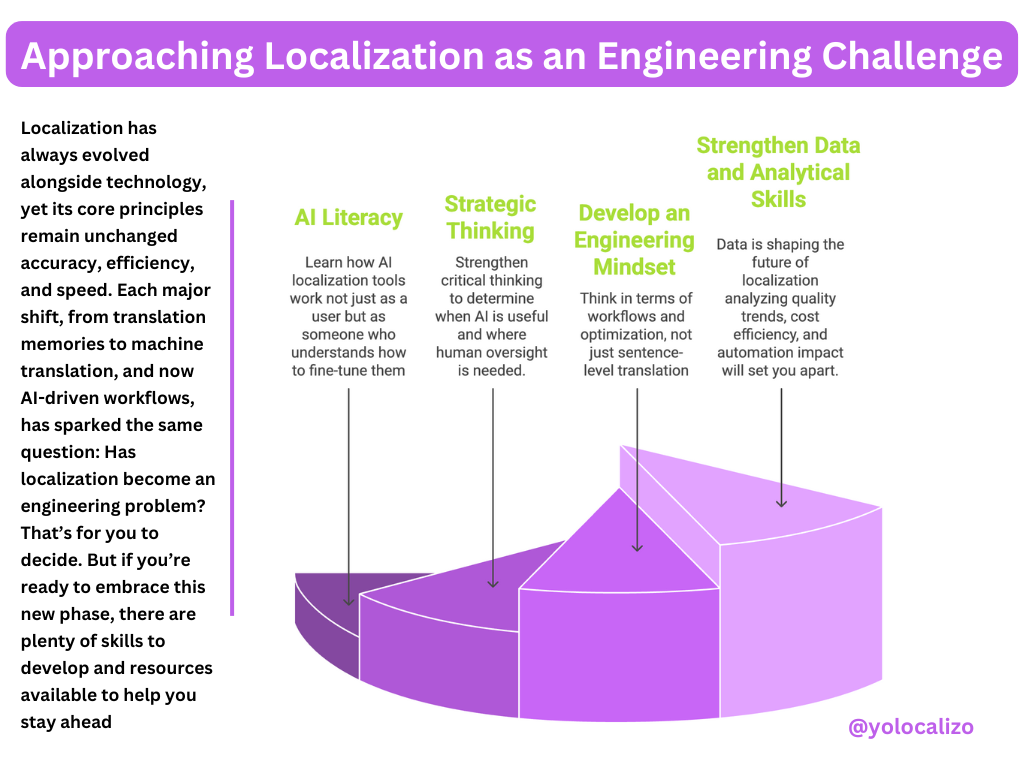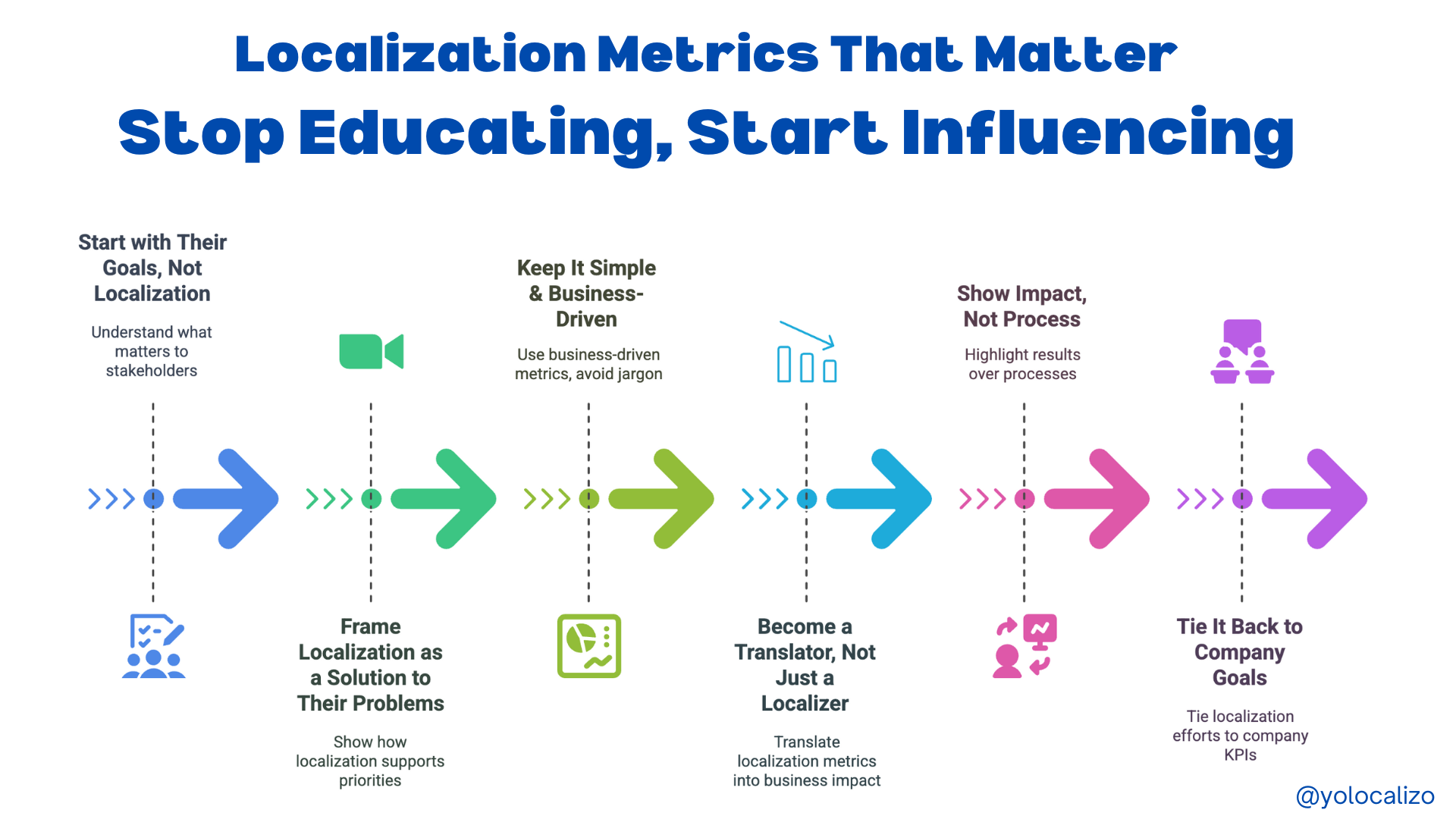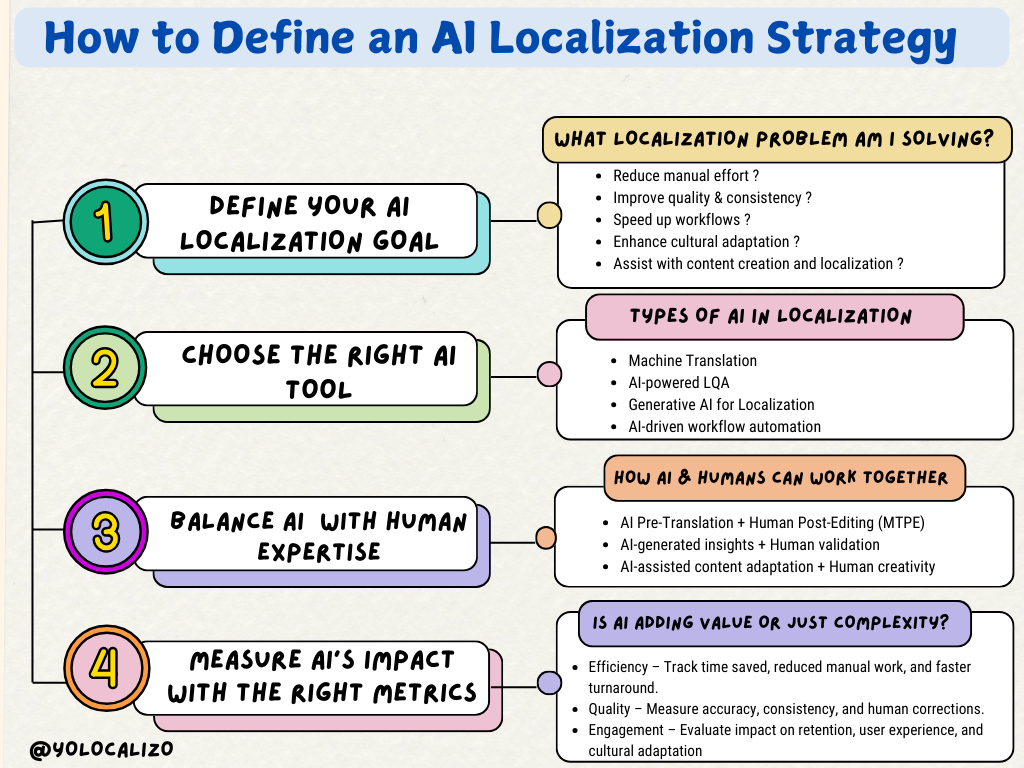Sunk Costs in the Localization industry ... and some ideas about how to upset me 😝
I consider myself a tolerant person, with patience and with a good predisposition to dialogue. Now, if you want to piss me off a quite effective technique is to tell me that Localization is a cost center; that why we want to complicate our lives by translating something into 20 languages; if everyone, worse or better, speaks English!!!! 🤦
Click HERE to download the infographic
At that moment many thoughts will go through my head, many of them not necessarily pleasant that I would like to say to my interlocutor at that time 😇 ... but, once I calm my reptile brain, I would talk about why Localization is not a cost center but a revenue center!
I would talk about the multiple studies that we have in the industry that they state that end users prefer translated versions, I would try to explain with my best communication skills crafted in my Toastmaster club that Localization ROI is always positive, you spend this much to translate in this market and this is what you get, simple mathematics, theoretically , but the reality is that once digested my frustration about being perceived as a cost center, I would do a little bit of self-reflection ... and being honest, I would come to the conclusion that in the translation industry there are certain hidden costs that we do not usually take into account; or that although sometimes we take them into account, they do not help to end the myth that Localization is a cost center, in addition to this, sometimes these costs do not have to be just financial ... and that's my post this week, let's cover the hidden costs we might have when we translate.
• Too many LSPs
The more linguistic providers we have, the more hidden cost I have, and that is not just a matter of paying multiple PM fees, this is something that can usually be quantified, but the cost of a Project Manager that coordinates several projects is not so easy to quantify. The cost of answering the questions of several translators spread around the world is not easy to quantify, the cost of having different weekly meetings, or every 2 weeks with the vendors is not easy to quantify. There is a lot of indirect expense camouflaged as business as usual which is not easy to quantify ! and yes, of course, we can always go to models to distribute the internal cost of one, or several Project managers among the projects we are managing, but at the end of the day, this is complicated to do .. it takes time to calculate and keep the model updated ... and even if we plan to do it diligently, in the end, I might be incurring other hidden localization expenses.
Keep dashboards of money spent, hours, costs per language per word, cost of LQA etc etc takes time. More than we usually believe! For this reason, lack of centralization and standards will invariably lead to quality issues.
To avoid these issues, we need to create standardized processes which again it takes time. In my opinion, we end up getting better quality, budged managed more efficiently and less hidden cost if we go to a model where Less is more (check my post HERE where I explored this idea)
• Internationalization
I'll say once again, the I18n is the most misunderstood area of our industry, when I comment to the development teams with whom I interact that they should internationalize the code, even if they do not plan to translate until a few months later they look at me with an extravagant mix of surprise and disbelief. And when I mention that we should consider English as another language more, and that actually English should be internationalised, and then we should introduce internationalization best practices early in the process their face is sending a clear message of "this guy lost his mind"
All the problems related to issues with font implementation, lack of support for decimal separators, special characters etc etc have a cost, and that cost of poor internationalization does not tend to be in the ROI models, or even in the cost of fixing a bug.
I18n is other of those sunk costs that we tend to oversee.
• Source CONTENT quality
I usually comment in my posts that quality aims at the source, but still, lack of quality in the English text it's another area that usually it's a sunk cost. When English text is not understandable, not totally clear this will inevitably will cause to have several rounds of revision; and although the cost of revision is something that we might easily calculate, the part that is not so clear is how much the costs are about the innumerable threads of emails between copywriters or narrative designers with the Globalization teams and the Globalisers then with vendors ... Not giving the importance of the quality to the source content has a cost, although many times we are unable to determine this cost.
• Messy technical framework and messy file formats
One of my old friends from this industry works in the DTP area; anything that has to do with publishing is something that he will gladly take care of ! but the other day he complained bitterly of the chaos that is for him to receive the files in multiple formats, sometimes even the documents he has to design are pictures made with a mobile phone. Obviously, the cost of preparing all these files for translation and design is quite high. It takes many hours to convert files from multiple formats; Now, the clients do NOT usually agree to pay for this job of preparing files! and those who accept to pay for it, in reality, this is another sunk cost, the chaos of files and the multiformat is not a cost typically attributable to Localization, for that reason all the effort that an LSP or freelance has to do to unify files has a cost that can stay on the road ...
Well, thanks for giving this post a read. What about you? Is your Localization budget scrutinized? Maybe even you have challenged that your teams are a cost center? We are not! we are a Revenue Center! but there’s some truth in that claim, maybe if we keep these 4 costly Globalization mistakes and how to avoid them in mind we can be much closer to be the profit enabler mindset; and that would be not only good for our wallet, but also it will help me not go "crazy" every time I hear that localizing software is very expensive and that it is not worth the effort 😡
Have a great week!
@yolocalizo













Before jumping on the AI bandwagon: What localization problem are you trying to solve? AI is everywhere right now, including in localization.
But before jumping on the bandwagon, we need to stop and ask:
Are we solving the right problem?